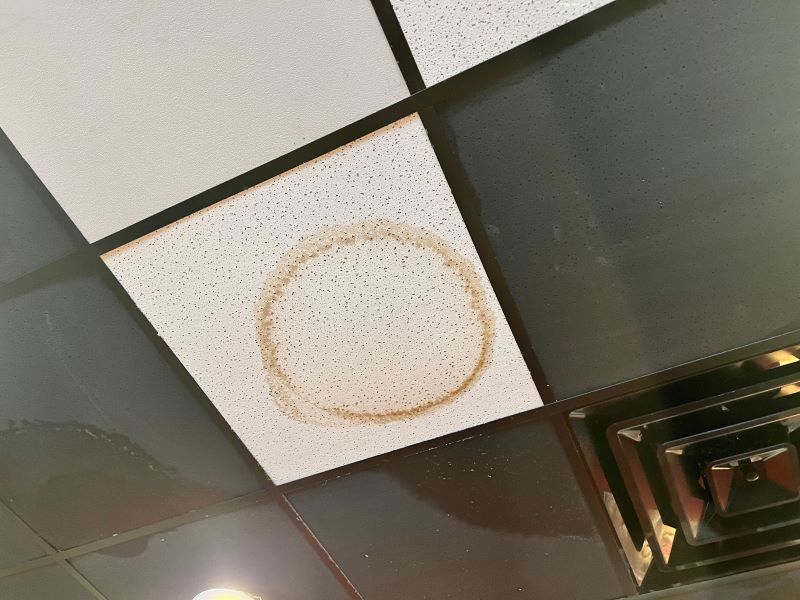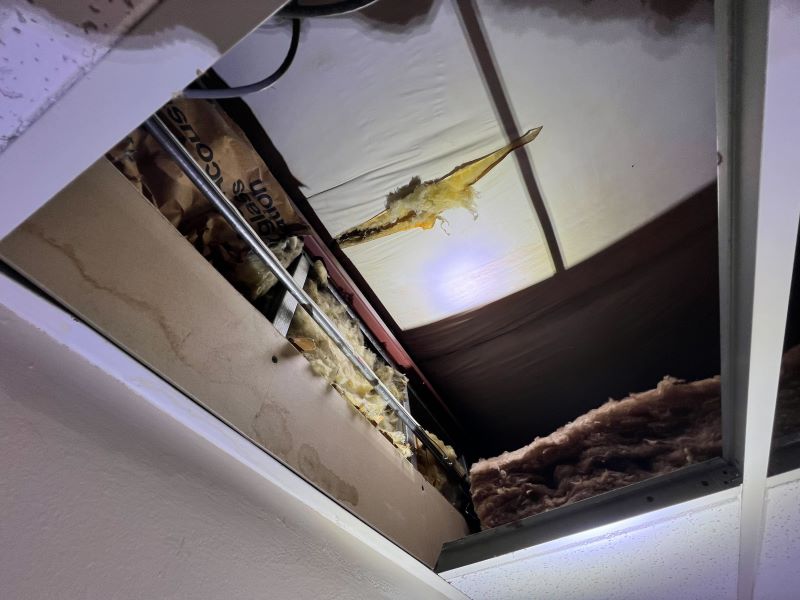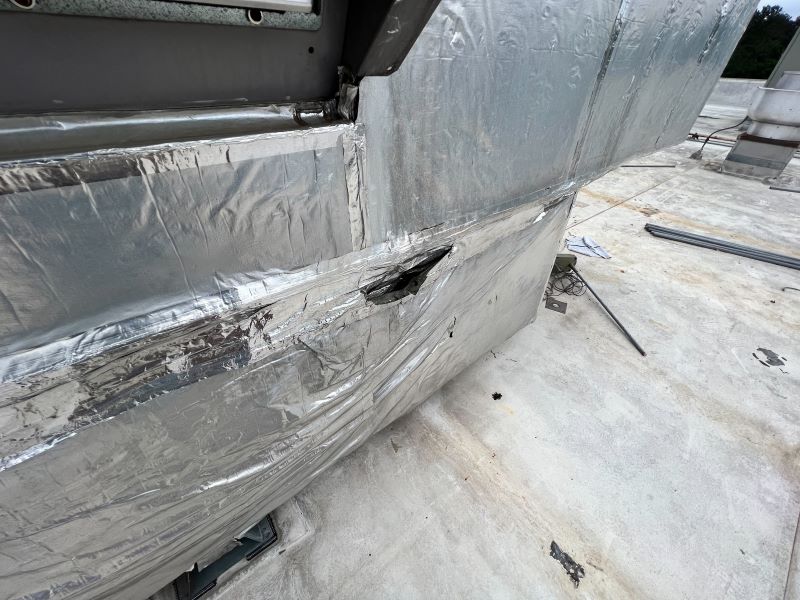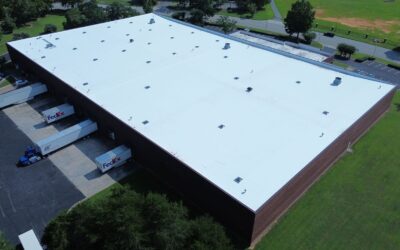When it comes to managing energy costs and maintaining an optimal working environment, roof insulation is a critical factor for industrial and commercial properties. Unlike residential buildings, commercial and industrial roofs face unique challenges and demands. Understanding the role of roof insulation in these settings can lead to substantial savings, improved operational efficiency, and enhanced comfort for occupants. In this blog post, we’ll delve into the essentials of roof insulation for industrial and commercial roofs, its benefits, and its impact on energy expenses.

Types of Roof Insulation for Industrial and Commercial Buildings
Several types of roof insulation materials are suitable for industrial and commercial roofs, each offering distinct benefits:
Fiberglass Batts: Commonly used due to their affordability and ease of installation, fiberglass batts can effectively reduce heat transfer in commercial buildings. They are ideal for projects with accessible roof spaces.
Foam Board Insulation: This rigid insulation material, made from polystyrene or polyisocyanurate, provides high insulating value with minimal thickness. It is especially useful in commercial roofs where space is limited.
Spray Foam Insulation: Spray foam insulation is applied as a liquid that expands and hardens to create a seamless barrier. It’s highly effective at filling gaps and cracks, providing superior air sealing and thermal resistance, which is beneficial for both new constructions and retrofits.
Reflective or Radiant Barriers: Often used in commercial and industrial buildings in hot climates, these barriers reflect radiant heat away from the building. This helps to keep the internal environment cooler and reduces the demand on air conditioning systems.

The Impact on Energy Costs
Roof insulation has a profound impact on energy costs for industrial and commercial buildings:
Reduced Heating and Cooling Costs: Effective insulation minimizes heat transfer, which helps in maintaining a stable indoor temperature. During colder months, it prevents heat loss, reducing the need for heating. Conversely, in warmer months, it keeps cool air inside, lowering the reliance on air conditioning systems. This results in lower energy consumption and reduced utility bills.
Improved HVAC Efficiency: With proper roof insulation, your heating, ventilation, and air conditioning (HVAC) systems operate more efficiently. This leads to a longer lifespan for HVAC equipment, fewer breakdowns, and reduced maintenance costs.
Increased Property Value: Energy efficiency is a key consideration for commercial real estate. Buildings with high-quality roof insulation are more attractive to potential buyers and tenants, which can increase the property’s value and appeal.
Enhanced Occupant Comfort: Besides energy savings, good roof insulation contributes to a more comfortable work environment by reducing temperature fluctuations and minimizing drafts. This can enhance productivity and satisfaction among employees.

Choosing the Right Insulation
When selecting roof insulation for industrial and commercial applications, consider factors such as:
Climate: In colder climates, insulation with higher R-values is recommended to provide better thermal resistance. In warmer regions, reflective or radiant barriers might be more effective.
Roof Type: The type of roof (flat, pitched, or industrial-grade) can influence the choice of insulation. For example, spray foam may be preferred for flat roofs due to its seamless application.
Budget: Assess the cost-effectiveness of different insulation options. While some materials might have a higher initial cost, their long-term benefits can justify the investment.
Installation: Proper installation is crucial to ensure the insulation performs as intended. Incorrectly installed insulation can lead to gaps and reduced effectiveness. Engaging a professional to ensure correct installation and compliance with local building codes is advisable.

Conclusion
Roof insulation is a vital component of energy management and operational efficiency for industrial and commercial buildings. By understanding the various types of insulation, their benefits, and their impact on energy costs, you can make informed decisions that lead to substantial savings and enhanced comfort. Whether you’re aiming to reduce heating and cooling expenses, improve property value, or create a more stable work environment, investing in quality roof insulation is a strategic and beneficial.




